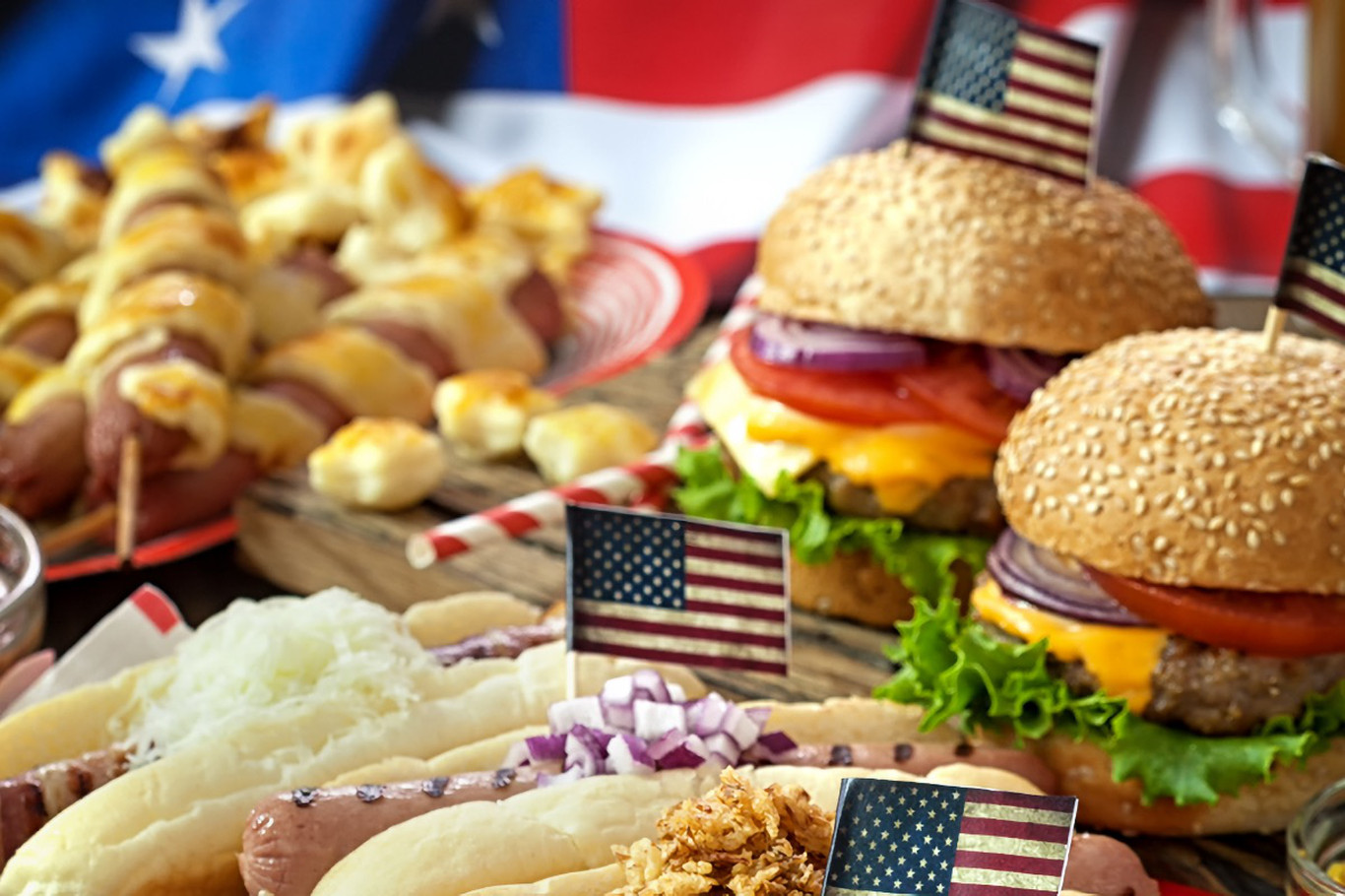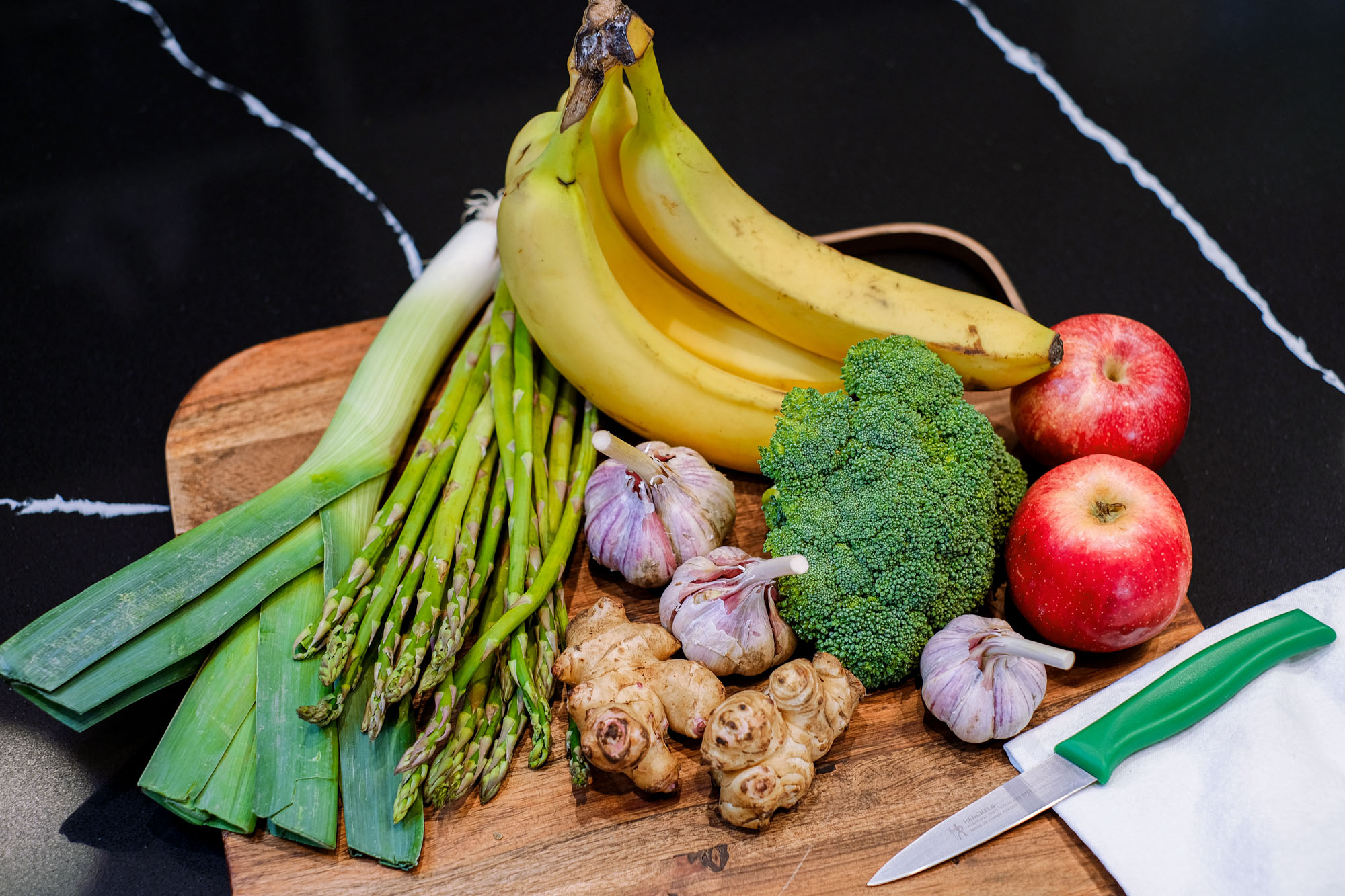The Fourth of July is synonymous with freedom, fireworks, and feasts. As the summer sun shines brightly, families and friends gather to celebrate Independence Day with backyard barbecues, indulging in an array of grilled delights and festive foods. However, beneath the joyous atmosphere and tantalizing aromas lies a potential minefield of health hazards. In this essay, we’ll uncover the hidden dangers lurking in your Fourth of July BBQ and offer practical tips to avoid turning your celebration into a health disaster.
The BBQ Hazard Zone
1. Foodborne Illnesses: A Silent Threat
One of the most significant risks at any barbecue is foodborne illness. The combination of high temperatures and perishable foods creates a breeding ground for bacteria like Salmonella, E. coli, and Listeria. According to the Centers for Disease Control and Prevention (CDC), an estimated 48 million Americans suffer from foodborne illnesses each year, with summer being a peak season.
Preventive Measures:
• Temperature Control: Keep raw meats refrigerated until they’re ready to be cooked. Use a meat thermometer to ensure meats reach safe internal temperatures (165°F for poultry, 160°F for ground meats, and 145°F for steaks and fish).
• Separate and Sanitize: Avoid cross-contamination by using separate cutting boards and utensils for raw and cooked foods. Wash hands thoroughly before and after handling food.
2. Charred Meats: Tasty but Toxic
Grilling meat to perfection often results in those desirable char marks, but consuming charred meat can pose serious health risks. When meat is cooked at high temperatures, it forms heterocyclic amines (HCAs) and polycyclic aromatic hydrocarbons (PAHs), both of which are linked to cancer.
Preventive Measures:
• Marinate Meats: Marinating meat before grilling can reduce the formation of HCAs. Opt for marinades with vinegar or lemon juice, which are particularly effective.
• Flip Frequently: Flip meat often to minimize charring and cook it evenly.
• Trim Fat: Remove excess fat from meat to reduce PAH formation caused by fat dripping onto the flames.
The Beverage Quandary
3. Alcohol Overload: More Than Just a Buzz
Alcohol consumption is a staple of Fourth of July celebrations, but overindulgence can lead to more than just a hangover. Excessive drinking impairs judgment, increases the risk of accidents, and can exacerbate dehydration in the summer heat.
Preventive Measures:
• Hydration Balance: Alternate alcoholic drinks with water to stay hydrated. Aim for at least one glass of water for every alcoholic beverage consumed.
• Pace Yourself: Set a limit on the number of drinks and stick to it. Opt for lower-alcohol beverages or mocktails.
The Sweet Trap
4. Sugar Shock: The Hidden Calories
Fourth of July desserts, from flag-themed cakes to sugary drinks, can pack a caloric punch. High sugar intake contributes to obesity, diabetes, and other chronic health conditions.
Preventive Measures:
• Healthy Alternatives: Offer fresh fruit platters or yogurt parfaits as healthier dessert options. Watermelon is a festive and hydrating choice.
• Mindful Indulgence: Enjoy treats in moderation and be mindful of portion sizes.
Safety First
5. Fireworks and Burns: A Fiery Combination
Fireworks are a Fourth of July staple, but they come with significant risks. The U.S. Consumer Product Safety Commission reports thousands of fireworks-related injuries each year, many of which occur at backyard celebrations.
Preventive Measures:
• Leave it to the Pros: Attend public fireworks displays instead of setting off your own.
• Safe Distance: If using fireworks, maintain a safe distance, have water nearby, and never allow children to handle them.
Environmental Impact
6. Eco-Friendly Celebrations: Reducing Waste
With the emphasis on convenience, many BBQs generate significant waste from disposable plates, cups, and utensils. This contributes to environmental pollution and resource depletion.
Preventive Measures:
• Sustainable Choices: Use reusable or biodegradable tableware. Encourage guests to bring their own plates and cutlery.
• Proper Disposal: Set up clearly labeled recycling and compost bins to manage waste effectively.
Conclusion: Savoring a Safe Celebration
The Fourth of July is a time to celebrate freedom, unity, and the joys of summer. By being mindful of the hidden dangers at your BBQ, you can ensure that your festivities are not only enjoyable but also safe and healthy. Implementing simple preventive measures, from proper food handling to mindful indulgence, can make a significant difference. Let’s make this Independence Day memorable for all the right reasons, avoiding health disasters and celebrating in the true spirit of freedom.





